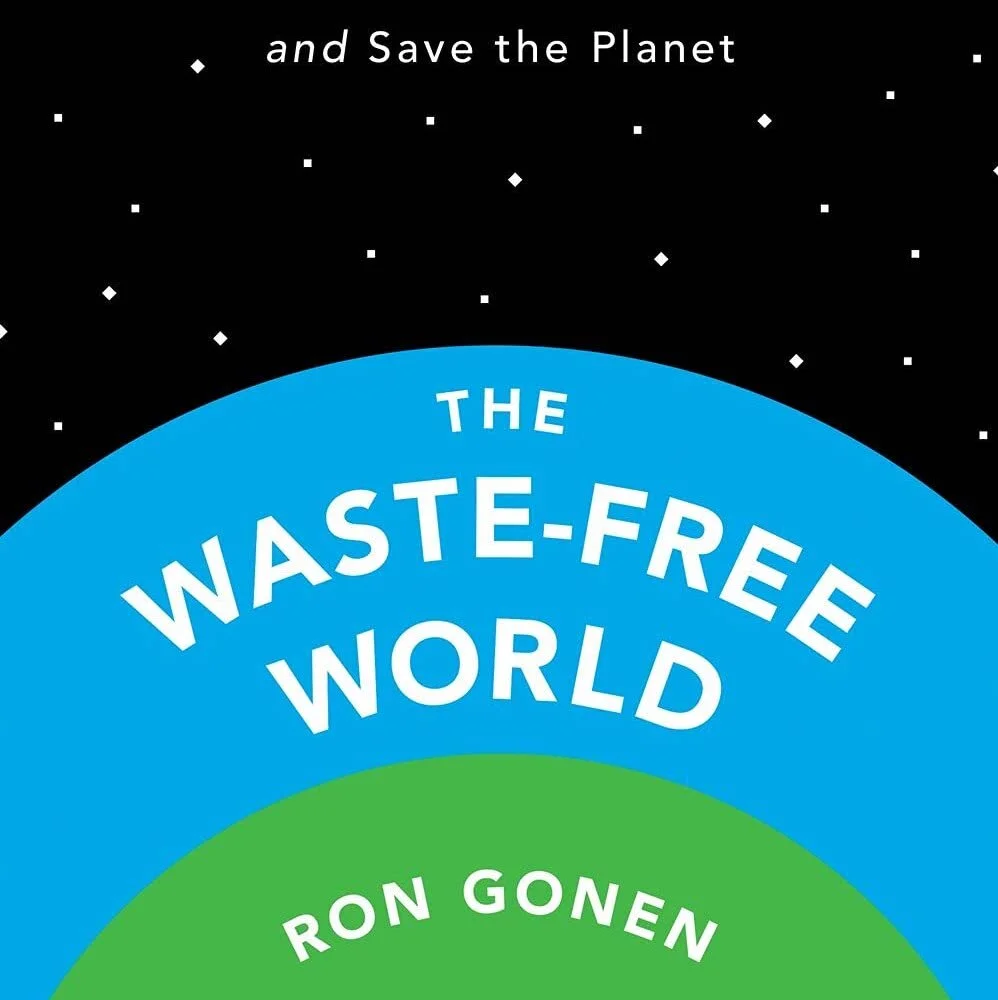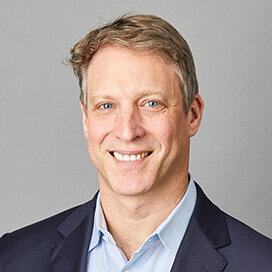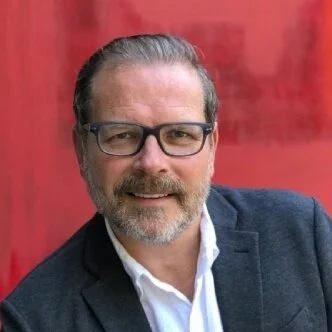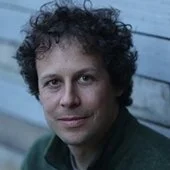(Highlights) ROBERT NATHAN
/Robert Nathan is an award-winning television producer, screenwriter, journalist, and novelist. Best known for his work on the Law & Order television franchise and his novel The White Tiger. He has worked in politics, broadcast and print journalism, film, and television. Nathan joined the original writing staff of Law & Order, working on three series in the franchise. Nathan’s script for the episode “Manhood,” co-written with Walon Green, holds the franchise’s only Emmy nomination for Outstanding Writing for a Drama Series. He was also on the original staff of the TV series ER and received a Peabody Award. Nathan has received four Emmy nominations, an Edgar Award nomination, the GLAAD Media Award, the Silver Gavel Award, the Shine Award, and a Humanitas Award nomination.
This interview was conducted by Mia Funk with the participation of collaborating universities and students. Associate Interviews Producer on this podcast was Sophie Mackin. Digital Media Coordinator is Yu Young Lee. “Winter Time” was composed by Nikolas Anadolis and performed by the Athenian Trio.



















